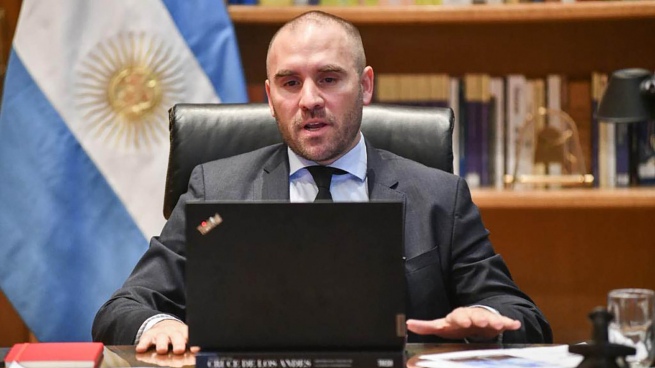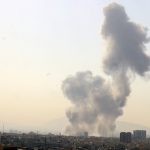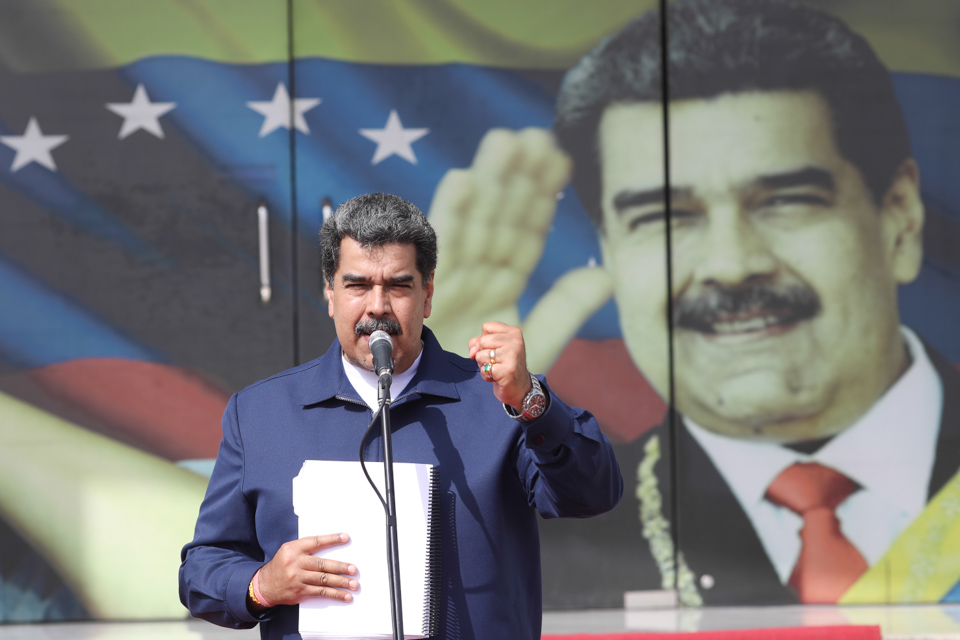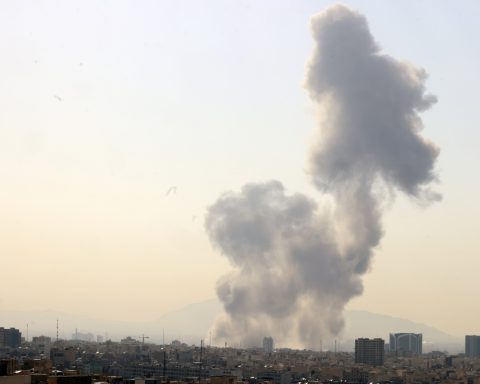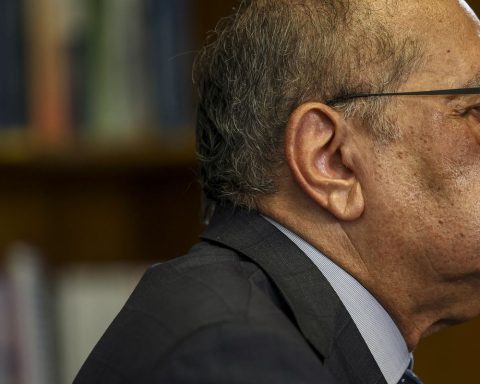The Minister of Economy, Martín Guzmán, assured this Sunday that “The debt in pesos has a profile of absolute sustainability and whoever says otherwise has no idea what they are talking about.”
In a report granted to the newspaper “La Capital” of Rosario, Guzmán maintained that “The real interest rate has even been well below the rate of growth of the economy and that implied that the ratio of public debt to product has traveled a path of absolute sustainability. Whoever says that in Argentina the public debt denominated in pesos is really unsustainable You have no idea what you’re talking about and you wouldn’t pass a basic exam in college.”.
The head of the Palacio de Hacienda remarked that “we have made an absolute commitment to strengthening the public debt market in pesos, which we reconstructed so that in Argentina there would first be more financing capacity in the public sector, and a healthier one. What is announced is a set of fully coordinated actions between Economy and the Central Bank so that Argentina has a path of faster accumulation of reserves. Fiscal policy and monetary policy play an auxiliary role for that objective. And thus have a 2023 in which growth with job creation continues and inflation can be reduced”.
Guzmán emphasized that “in Argentina there are often great titles. It was mentioned that a super stocks was going to be announced and absolutely nothing of the kind happened. What was adopted is a set of actions that have to do with macroeconomic policy. The policy of raising rates is not to cool down the economy. It is to give consistency to a process of growth with social inclusion. The national government is going to act so that any type of speculation does not take place in a context where there is an exchange rate gap.
In relation to the elimination of subsidies, the minister stressed that “this is a process that implies a structural change because it will allow us to concentrate the use of State resources on what Argentina needs most, such as public investment. With the recovery of employment has to be a recovery of the purchasing power of wages and when there is a lack of labor, what you have to do is pay more wages”.
Regarding the energy issue, the head of the economic portfolio said that “we have a great opportunity in the field of energy. Accelerating the development of the energy sector would be transformational for Argentina. Production in Vaca Muerta is one of the engines of the national economy. Energy is a fundamental cost of our entire productive structure, including industry and also agribusiness. So if we manage to increase the scale of energy production to a much higher level, we will have lower production costs and that will generate more competitiveness and more work. From the macroeconomic point of view, it contributes to stability, because it generates foreign exchange both by substituting imports and by the possibility of exporting more. The Néstor Kirchner gas pipeline must be a work on which there is a State policy”.
Guzman pointed out that “The main problem in the world today is inflation. Countries where there was none, today have two-digit inflation. Here is a situation in which, if the way to attack inflation is only to raise the interest rate, that will generate problems because the economies slow down. And in a world where inequality has grown, unlike in Argentina, that would generate great problems, social and political and economic instability.”
Regarding economic activity, the minister highlighted that “we have an economy that has been going through a very strong recovery. It can be seen from production. Last year the GDP grew 10.3%. It can be seen from job creation: 1,150,000 jobs created in 2021. In 2022 it continues to grow and generate employment, and an increase in investment is seen.Industry has recovered, agribusiness, the knowledge economy, and the energy sector are growing.Along with the incipient development and strong in mining, this allowed Argentina to increase its exports, not only in value, which went from US$59 billion to more than US$80 billion, but also in volume, which is a fundamental condition for the continuation of growth.
Guzmán later said that “The activity level is strong. There was an increase in the prices of what Argentina imports. There is a concentration of imports that are key to the functioning of the economy in the first part of the year. Then, the national government is going to act so that any type of speculation does not take place in a context where there is an exchange rate gap.”
Finally, and in relation to the appointment of Daniel Scioli as the new Minister of Productive Development, Guzmán underlined that “to give continuity to the very important policy developed by former Minister Matías Kulfas, which was essential for Argentina to change the axis of its economic model. We had been working very actively with Scioli when he was ambassador to Brazil. We had important agreements with that country, one in the field of electricity production. Daniel is a connoisseur of the Argentine production system.”
